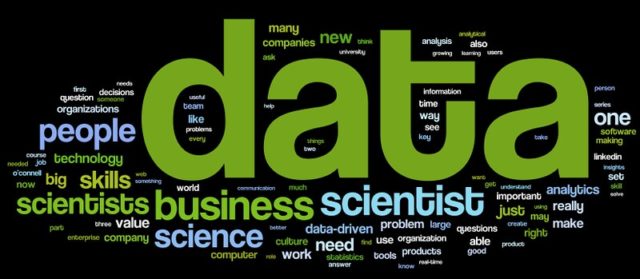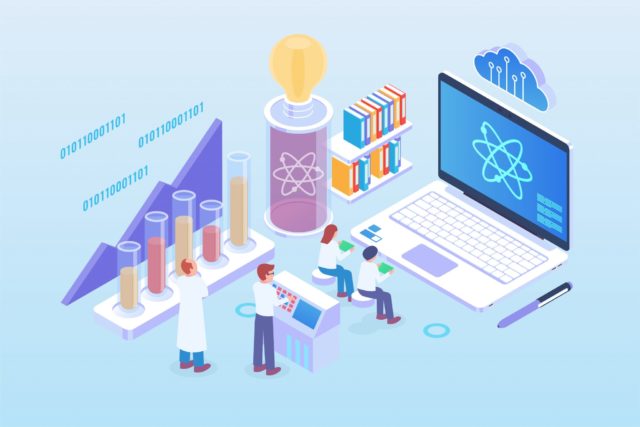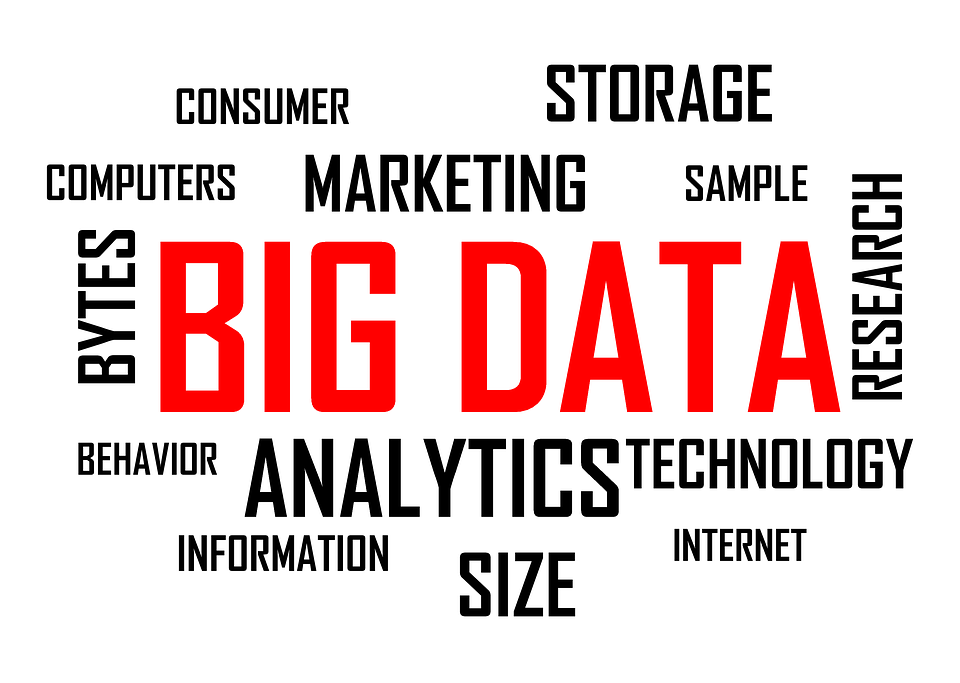Major technological changes are happening in recent times. You may choose any field, technology is constantly evolving. This resulted in a large amount of data being generated in every field. The amount of data is so huge and diverse that it makes virtually impossible for every corporation to make any inference of data without a dedicated team.
On similar lines, new technologies are evolving to transform this large amount of data. New tools are being developed, new methods are being devised. All this has created immense opportunities in every sector for newcomers and experienced individuals for a good and stable career. This is great as in recent times everyone is worried about job security.
Every company has a team of dedicated employees having expertise in tools and methods to transform the data and help leaders to make important decisions. Teams usually involve some data engineers, data scientists, data analysts, software developers, database architects, etc. Each one of them will have specific roles and responsibilities to achieve the common goal of transforming the data and help solve complex business problems. Evidently, there is a rise in data-related jobs and training programs like data engineering courses have become popular.
What is a Data Engineer?
The primary role of a data engineer is to ensure data availability to a data scientist for further analysis. It involves designing infrastructure and data pipeline such that it cleans and transform the data in a usable format or readily available tables. It requires writing complex queries as data can come from various sources and needs integration.
The roles or responsibilities of data engineers could vary from organization to organization based on their scale and requirements. However, on broader level responsibility would be as mentioned below.
- The main responsibility of the data engineer is to design the data pipelines ie to collect data from various sources, with various formats, integrate the data, process, store, and access it.
- Design and set up complete data flow architecture.
- Maintain and optimize existing flow architecture.
- To work on any particular aspect such as designing and maintaining databases.
- To work on visualization such as dashboard creation and dynamic reporting.

Here are some of the skills required to become a data engineer that one should develop.
- Data acquisition is the first step in the data pipeline, any data engineer should have a good understanding of data acquisition systems. Data could be in various formats, structured (in the form of a table, files), or unstructured (image, text, audio, or video files).
- As data is huge, data mining skills can help to extract only useful data and discard anything that is not required, this greatly improves the performance and overall load on the entire systems.
- Processing data can be done with programming languages. Strong knowledge of advanced programming languages like Java, Scala, Python, or R is desirable. Additionally, engineers should be flexible enough to work on multiple programming languages. Not every company uses the same language.
- Storing data involves a good knowledge of database design.
- Experience with big data tools like Hadoop, Spark, Kafka, etc is required.
- Accessing of data involves strong knowledge of SQL, yes you heard it right, you probably think it is quite old and maybe extinct, though structured query language is still alive and thriving. Moreover if working in Big data environment, tools like Apache hive and Impala can be used. Knowledge of NoSQL databases, including Postgres and Cassandra, is recommended.
- Experience with data pipeline and workflow management tools: Azkaban, Luigi, and Airflow.
- Communication skills, as a data engineer requires to connect with multiple stakeholders and work in cross-functional teams.
Companies that hire data engineers
This is an evergrowing sector and each company big or small needs data engineers. Just to name a few of them:
- Microsoft
- Apple
- Boeing
- IBM
- Daimler
- Audi
- JP Morgan Chase
- Amazon
- Accenture
Moreover, you can work as a freelancer and help win big projects or work as a consultant.
Salary Earned
Apart from stability in career, data jobs come with higher salaries due to a lack of skilled professionals in the field. This shortage has resulted in entry-level professionals getting higher paychecks.
Average yearly salaries in the US can give you a better picture (source – Payscale).
Data Engineer – $92,054.
Data Scientist – $95,949.
Data Analyst – $60,391.
Data Architect – $117,175.
Similar Roles
After knowing about data engineer roles and responsibilities, if this role has piqued your interest, then you can go ahead and gain expertise in it. However, if you are more aligned towards only analysis part of the data rather than designing architecture, then there similar job roles like data analyst and data scientist. A brief description of both these roles is as given below.

Data Analyst
Data Analyst is anyone who processes data to create and summarise the reports to gain better insights into the data. Analysts typically use existing data analysis tools for solving problems with a small set of data. Data analysts are mostly professionals working in their organizations on ad-hoc requirements. Someone having good technical skills and understanding of the data will be suitable for this role.
Data Scientist
Data Scientist is a level up from the data analyst role. It is more of a research-based role and involves a lot of exploration. First, he needs to gather the requirements in terms of the problem statement and think about ways to analyze historical and current data. Then, he needs to build a mathematical model based on all data collected to solve critical business problems. Presenting all the findings in simple yet effective ways is the next task.
Tools/Skills used by data scientists mainly involve Analytics, Statistics, Advanced Python programming, R, Scala Apache Spark, Machine Learning, Deep Learning, SQL, Data Mining, Tableau, and Predicting Modelling.
Bottom Line
So all in all we can say that the field of big data analytics is quite lucrative and you should definitely embark on this career opportunity. Today, there are many online courses that can train you to become a successful data engineer. The courses are often curated for beginners as well as experienced professionals. As gaining expertise in data analytics requires a thorough understanding of the concepts and tools, it is always recommended to learn from an industry expert. With a comprehensive training program, you can easily start your journey towards becoming a data engineer. So, enroll for a course today!
